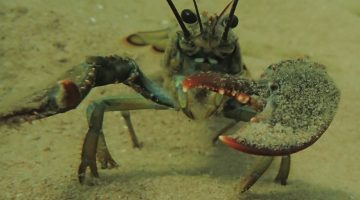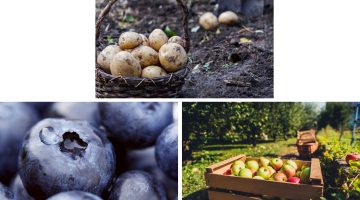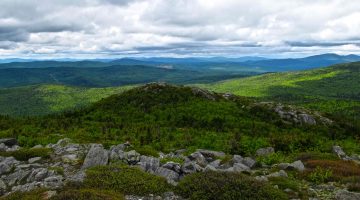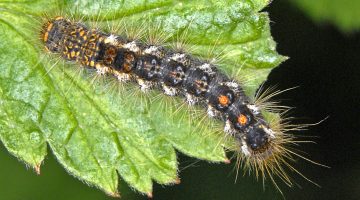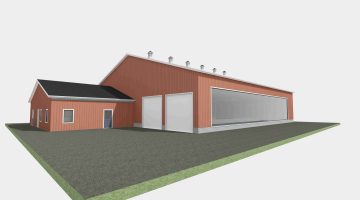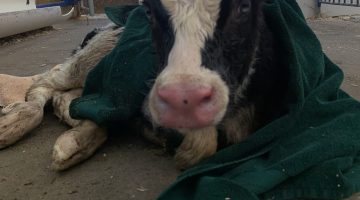American lobster population, habitat preferences shifting, study finds
American lobsters along Maine’s coast have relocated to new habitats, while the population simultaneously shrunk in abundance and grew older, according to a new study by University of Maine researchers. For decades, the vast majority of adult lobsters resided in boulder shelter habitats. This knowledge helped inform longtime conservation efforts and regulations within the more […]
Read more
